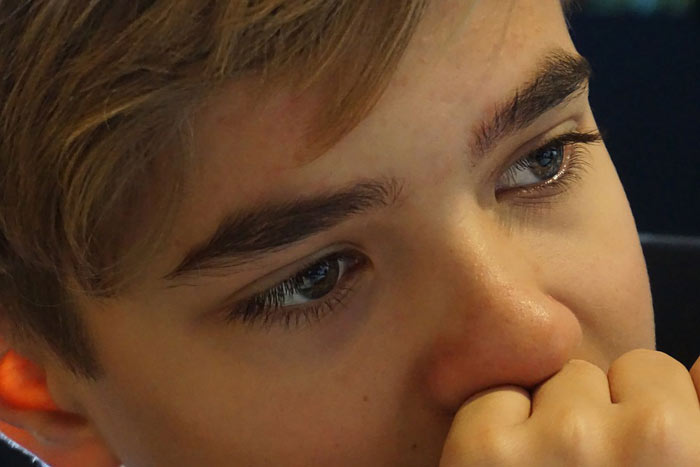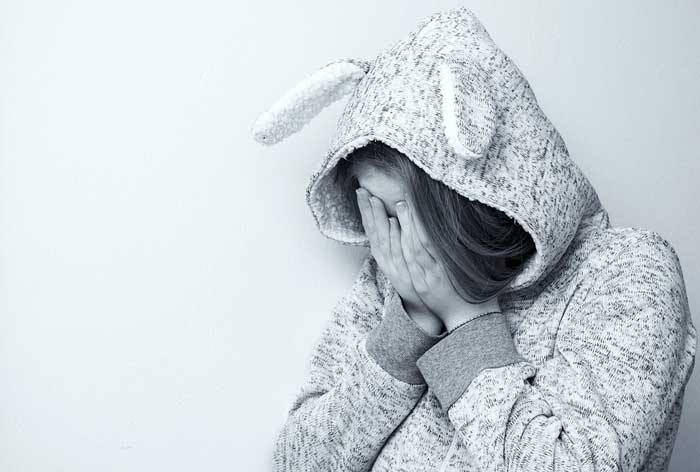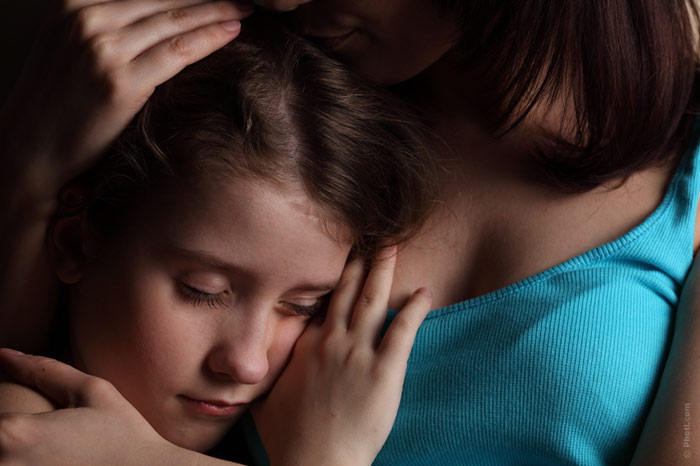How to Talk to Children about War?
Recently the world has been facing issues that keep causing a lot of anxiety in the minds of adults and children alike. Nowadays adolescents are accustomed to receiving plenty of information via the Internet, and there’s no stopping them from being aware of even the most obfuscating and frightening news. We may do our best to protect them from knowledge, yet they can be updated by pals, on the street and at school. If you are placed in a position where you have to discuss the world situation with your progeny, you might need some advice on how to do it in comfort and make your kid reassured.
Begin with learning what they heard and what their attitude is
To begin with, ask the kid about his or her level of awareness and what feelings the information received evoked in them. It is important to find out whether the kid is troubled inside. You may discover they know very little actually. When dealing with pre-schoolers, involve drawing, telling stories, and their accustomed activities to draw them out on the subject.
The news may have reached the children through different channels, and it’s essential to know what exactly they know and how accurate and unbiased their information is. If they possess information that is misleading, rectify it and make them feel relaxed if they display concern.
Mind that their feelings should be acknowledged. Listen to them and explain that it is natural they should be feeling like they are. Let them see that you are being very attentive. Tell them that whenever they feel worried they can turn to you for conversation and support.
Remain positive and succinct
Children’s interest may develop in some lateral areas, so you may find they are wondering about what happens with a person after he dies. You can discuss this point separately, yet what they really want to know maybe if they can feel safe. So finish the lateral discussion with reassurance; in any case, it is important for them to be told again that they and their family are secure. They should understand that adults are taking measures aimed at keeping them personally and everybody else safe and secure.
Exude compassion and avoid deprecating
When a conflict breaks out, it generates prejudicial attitudes towards a country and/or its people. Keep it in mind when conversing with youngsters: exclude labels, don’t use words like “bad” or “cruel.” Find means to create a compassionate atmosphere for people left without abode and subsistence.
Although a conflict may be raging very far from you, it does not mean discrimination won’t flare out around you. Find out whether your kids are not subjected to bullying nor participate in it. Scholl should be a safe place for everyone, and society in general as well. In any case, there should be no discrimination and persecution, people should be sharing positive feelings.
Expect that the subject can be raised repeatedly
Your child(ren) may be disposed to return to this issue again and again. Depending on their level of understanding, they may expect the situation to be restored to normal very soon; if it doesn’t occur, they get confused. Then they can ask, even the same questions again, in the belief that things could have changed. Or they can ask when it is going to stop.
Encourage helping where children can
At times of a crisis, people are apt to feel better when they volunteer for any help they can render. Such major events present us with a great opportunity to explain how good it is to give back thereby making changes for the better. Kids can also join in the campaign in many ways, including:
Using crafts and fundraisers for raising money that can be sent to aid organizations.
Enlisting as volunteers in humanitarian organizations that provide help.
Properly encouraged, children are eager to do something positive, especially if they know they are improving the world. There’s no time like the time of frightening events on a global scale for people to have a chance of joining up, cherishing hopes and stretching a helping hand.
Restrict children’s access to news
Your children might easily be overexposed to the news with its headlines screaming terror and photos that depict the gruesomeness and gore of war. It is better not to watch the news with your kids around. Make inquiries about what news sources they tap and how much news they are used to perusing. If children are present when you talk news over with your friends and colleagues, choose your words carefully and try to be moderate in your remarks.
See that your child has a lot of age-appropriate distractions and gets on with his habitual activities like before.
Maintain a calm atmosphere
You know what is best for your own kid. He or she cannot be shut away from what is happening globally, but it’s up to you as parents to prevent them from being overwhelmed and grieved. Assess their level of worrying, address them in the language they are accustomed to, and see if they will really feel more comfortable.
Make sure you are fine yourself
You will succeed in establishing a safe atmosphere only if you are calm enough. Your kids have noticed your own reaction to the news, so it will be easier for them to preserve composure if they know you do not overreact.
If you are discomposed and cannot shake off your concern, analyze your response and your dependency on the news. Stop checking them unceasingly and allot suitable time for catching up with the latest developments. Take some time out, relax with friends, and spend quality time with the family. Get engaged with some activity that makes you feel invigorated.



